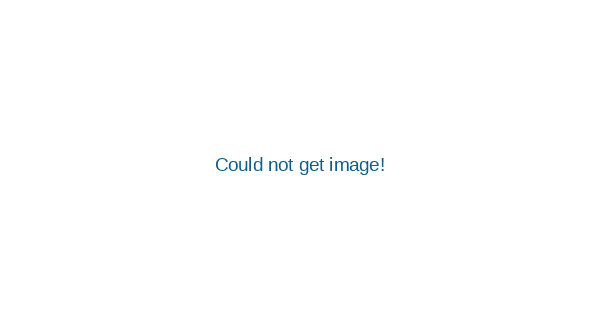
Women fetch water in Turalei, Warrap State | File picture
Today, Monday, 22 March 2021, is World Water Day. It means South Sudanese are supposed to celebrate water today and raise awareness of the water crisis.
The government would be acknowledging its support for the achievement of the UN Sustainable Development Goal, water and sanitation for all by 2030.
But that is not the case.
A UN report states that two years after the signing of the revitalized peace agreement, its implementation has not reduced the humanitarian needs of the South Sudanese people.
Insecurity, lack of basic services, and unresolved housing, land and property issues, and overall food security worsened and some communities were facing catastrophic needs.
In 2021, the UN estimates 5.9 million people in South Sudan lack or have inadequate access to clean water.
Among these, close to 6 million people without access to clean drinking water, is Franco Sebit.
He is a resident of Juba, who says the government has for 15 years neglected its duty to provide clean drinking water to the population of Juba city.
There is no piped water in Juba. There aren’t enough boreholes. And those that exist are constructed by humanitarian organizations.
Sebit says his entire neighborhood depends on dirty and poorly treated Nile River water for drinking, cooking, washing and bathing.
“We are really not benefiting from our water sources. You have to run after a water tanker to get water, and this is shameful. Sometimes they don’t come, sometimes you don’t have water to even shower,” he told Dawn show.
Juba’s population is dependent on trucked water that costs 600 South Sudanese Pounds or 1 US dollar per 100 liters in some area.
This water, under minimum usage, could last for a day for a family of five.
Those who cannot afford to pay the 600 pounds, like Christopher from Khor Williang residential area, use dirty water from the nearby stream.
“Most of the people selling water here are foreigners. They don’t care whether it’s clean or not. They just want to make money. This is happening because our government doesn’t care about us,” he lamented.
“I want this government to make sure that every household in South Sudan has access to clean water.”
Aid agencies have revealed that dirty water, poor sanitation and hygiene are the main contributors to acute watery diarrhea which is one of the leading causes of child mortality in South Sudan.
Before the 2013 and 2016 conflicts, the government of South Sudan tried to avail clean water to some residents of Juba.
This was to be done in partnership with the Japan International Cooperation Agency, or JICA.
The Juba clean water project included a water treatment plant with the construction of a service reservoir and pipes for distribution in Juba.
According to JICA, when completed, the water project would provide clean water to more than 25,000 people in the capital.
The project was, however, interrupted by years of violence that resulted in the Japanese government evacuating its engineers from the country.
It is not clear when the project will resume.
Wilson Mayor, another resident of Juba says the government of South Sudan should restore the confidence of investors to facilitate development.
Even as the rainy season is upon us, the UN warns that the lean season from May to July 2021 is expected to be the most severe on record.
It stated that this upcoming rainy season is forecasted to lead once again to major floods in the most food-insecure areas.
During floods, families are displaced, homes are destroyed and children and women are exposed to waterborne diseases, malnutrition, among others.
The UN Children’s Agency notes that at least 53 percent of the children in South Sudan do not have access to clean drinking water.
UNICEF has appealed for $45.5 million to support water, sanitation and hygiene programs in South Sudan in 2021.
The agency’s WASH specialist explains that the money is essential in eradicating diseases connected to lack of clean water.
“If we have clean water, if we have sanitation facility and coupled with hygiene promotion, then you will eliminate some of these diseases that are supposed to be preventable,” Rose Tawil stated.
UNICEF plans to allocate $3.85 million for WASH in school-interventions to support children at risk of contracting water-borne diseases like acute watery diarrhoea.
It said having more water points in schools would help children focus on learning rather than water fetching, and it will also serve the entire community.
The theme of World Water Day 2021 is “valuing water.”
UNICEF believes denying people their right to clean water, sanitation and hygiene, is the same as denying them the right to health, a life, protection and dignity.
Support Eye Radio, the first independent radio broadcaster of news, information & entertainment in South Sudan.
Make a monthly or a one off contribution.
Copyright 2024. All rights reserved. Eye Radio is a product of Eye Media Limited.